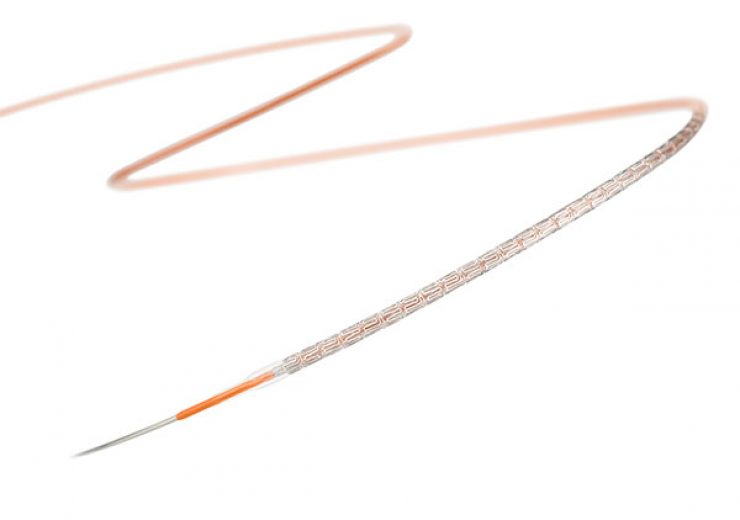EC approval is supported by the results from XIENCE 28 and XIENCE 90 clinical trials

Abbott's XIENCE Stent. (Credit: Abbott.)
Abbott has received expanded CE Mark for its XIENCE stent for shorter, one-month (28 days) dual anti-platelet therapy (DAPT) to treat patients with high bleeding risk (HBR).
The medical device maker said that XIENCE is the most widely used stent, and 28 days DAPT post its implant is the world’s shortest indication for patients with HBR.
Also, XIENCE is the only stent to have evidence for both one-month and three-month DAPT followed by two different types of blood-thinning medication.
The expanded regulatory approval provides physicians with more options to treat their patients, and improves patient outcomes, said the company.
Abbott vascular business chief medical officer and global medical affairs divisional vice president Nick West said: “In patients with high bleeding risk, the XIENCE stent has proven that it can ensure patient safety without compromising efficacy when duration of blood-thinning medications is shortened.
“These findings build on the unrivalled volume of research confirming the XIENCE stent’s leading performance across a range of patient and clinical situations.”
The EC approval is supported by the results from XIENCE 28 and XIENCE 90 clinical trials, which enrolled more than 3,600 participants from Europe, the Americas and Asia.
The clinical trials showed that both one-month or three-month DAPT followed by aspirin monotherapy is safe in HBR patients.
Patients who receive stents are usually given DAPT regimens, comprising aspirin and antiplatelet drugs for six to 12 months.
DAPT regimens are said to support the healing of vessels and prevent blood clotting, which blocks the stented vessel.
The studies showed that DAPT can be safely discontinued as early as 28 days, with no rise in the risk of patient adverse events, and confirmed the safety profile of the XIENCE stent.
The XIENCE stent is used in life-saving treatments, including prevention or treatment of heart attacks, and is safe with short DAPT strategies for HBR patients, said Abbott.
